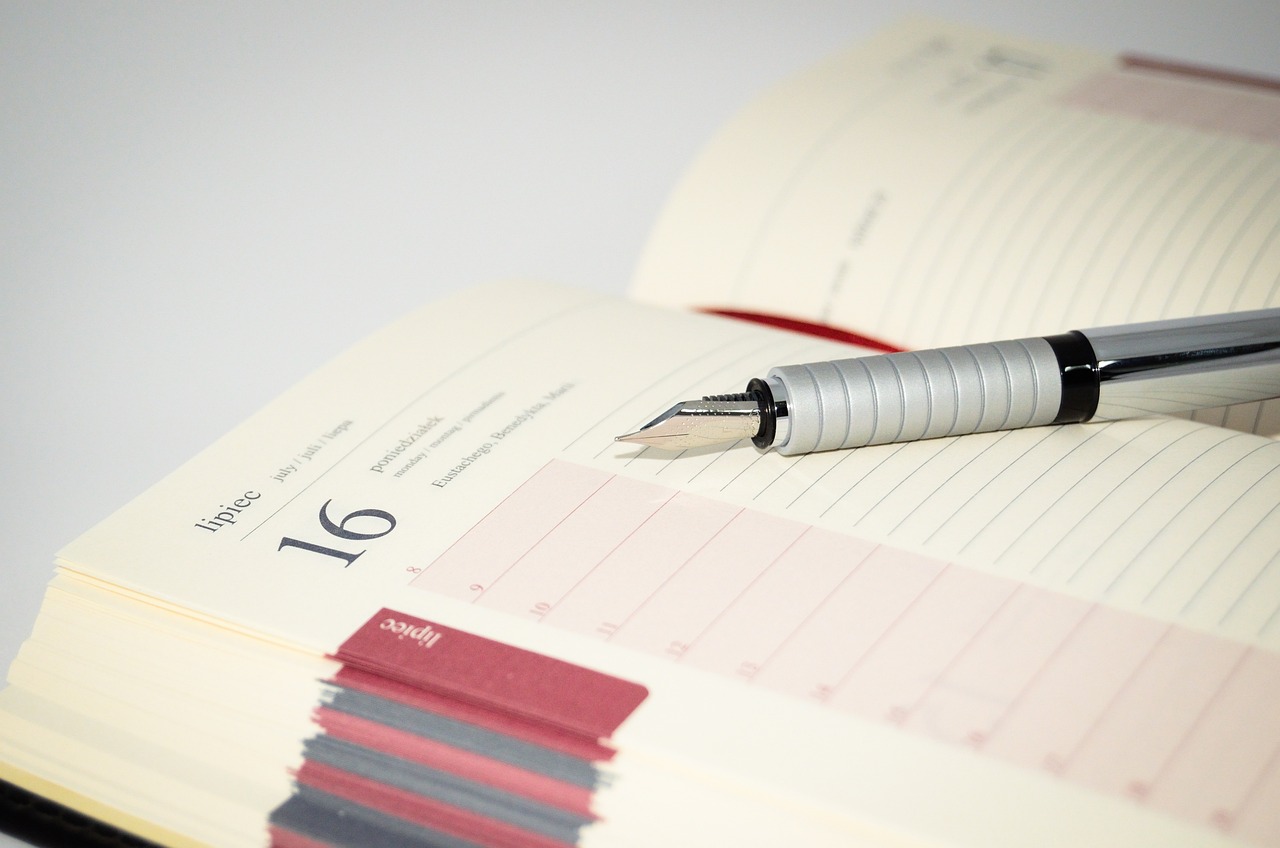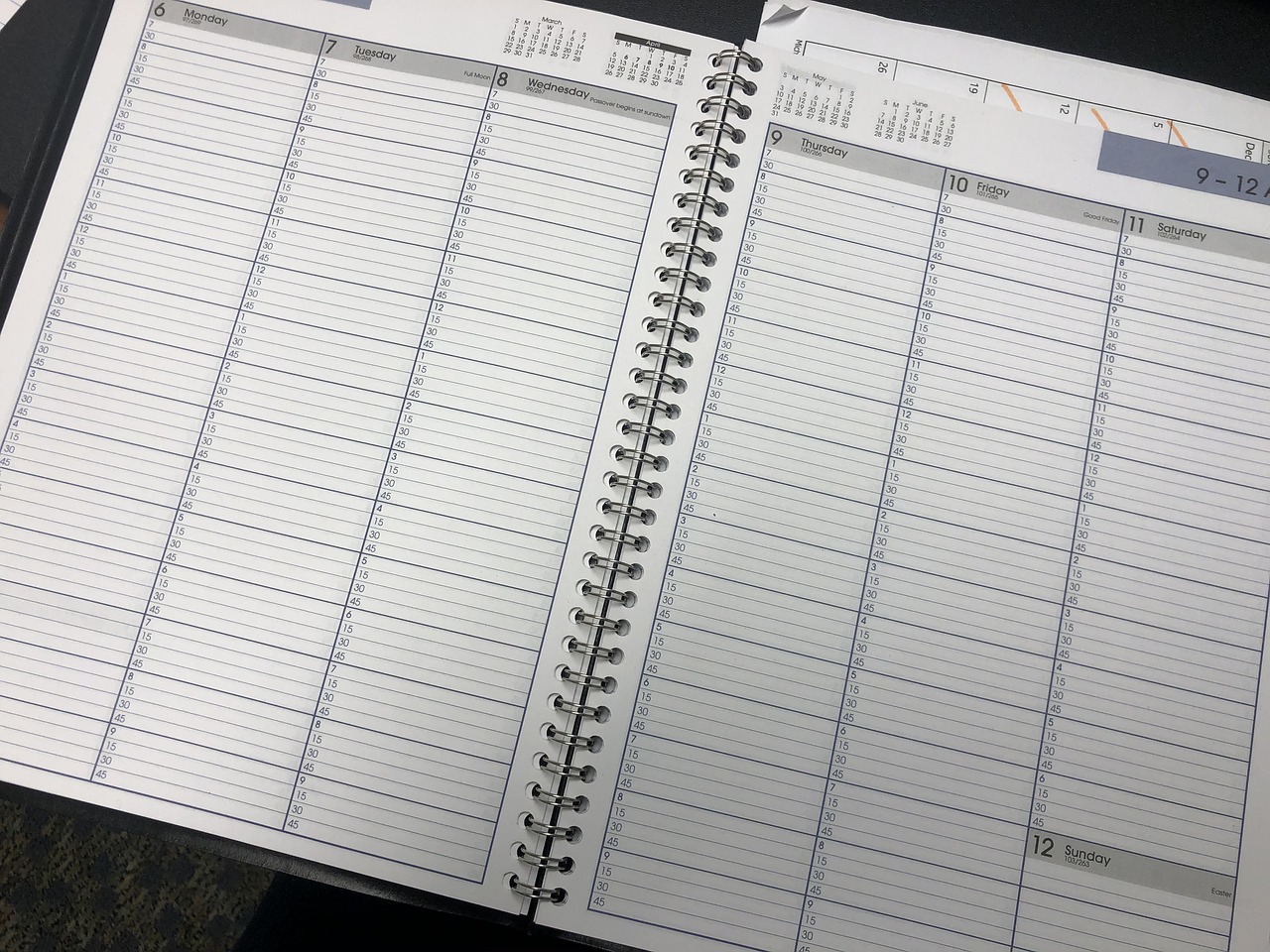
Many players playing in Scotland play part-time and therefore many will have a second career away from football. With all lines of work these tend to vary massively – with fire brigade to financial advisor – as no two players are the same and can choose different paths alongside playing. While there’s financial and networking benefits to be had in working across two different industries – or indeed two different roles in the same one – it can be rather intensive and impact the time you have for yourself and others.
However, given the experience on our staff and knowledge of balancing two gigs (particularly one being football) we have some top tips on how you can manage your time effectively between the commitments of football and another role.

Identify Potential Conflicts and Overlaps
Given the regularity of training and confirmed but less frequent mid-week games you can look ahead and use schedules to work out when you might need to leave work early, arrange childcare and perhaps rearrange things as required. Doing this as far in advance as possible allows you to have clarity of the weeks and months ahead, makes sure you aren’t scrambling last minute to get things sorted and doesn’t put you in any tricky situations. Postponements can lead to some inconvenient fixture changes but hopefully these are few and far between.

Simplify Your Routine
Certain elements of your routine may be impacted on by the loss of time from different parts of your day to make room for one or both of your work commitments. You may find less/no time to make breakfast in the morning, no time for exercise some evenings and that can be disruptive to routines – especially for players, where routine is a key consistent element in their lives. To combat this, you could meal prep breakfasts, freeze them and get into a routine of taking them out and heating them up – this way you can ensure they’re still healthy, tasty yet no effort for you in your time-constrained mornings. Here’s a recipe you could batch cook then freeze. If it’s more evenings you’re struggling with time-wise and you can’t fit in the gym – you could go in the mornings, when it tends to be quieter anyway – and do your workout then. It can be tough getting up super-early but the feeling after achieving a workout so early in your day is a good one.

To-Do-List
This seems like an obvious one, and overlaps slightly with the first point but having a to-do-list handy allows you to ensure that you don’t miss any important events, appointments or obligations across either of your roles or general life. Managing one role can be busy as it is – let alone two – and that’s before you bring your personal life into it. Make sure to cross off anything you have completed and allow this list to feed into other tools – like the week planner, which we’ll talk about next.

Week Planner
A week planner can be incredibly useful for you to schedule your time, giving you opportunities to visualize gaps and take advantage of them while ensuring you’re not double-booked and can fulfil your obligations. A useful template is available here – use this, or any of the ones provided, to best plan your week!
If you’re struggling with the rigours of balancing two roles and your life outside of this and you feel it could be affecting your physical or mental health then get in touch with the free, confidential support service – details below.
If you want to contact Chris directly you can do so on 07719 902 438 or on chris@pfascotland.co.uk





